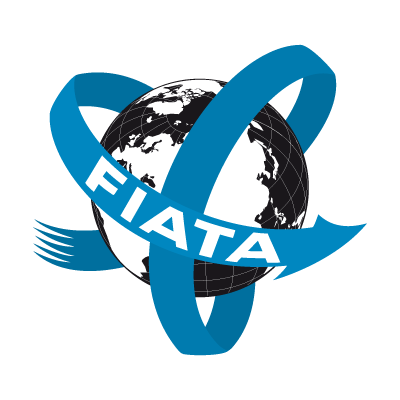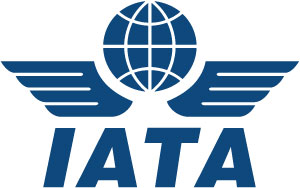International Transport Organisations
International Transport Organizations play an important role in trade facilitation, as they represent their members in trade facilitation negotiations and are often instrumental in promoting trade facilitation measures and in implementing trade facilitation tools and solutions amongst their communities.
The main International Transport Organizations for trade facilitation are as follows.
FIATA, the International Freight Forwarders Association, represents the freight forwarding industry, and is a non-governmental organization with members covering approximately 40,000 forwarding and logistics firms, and employing around 8 – 10 million people in 150 countries.
FIATA has created standard documents and their electronic equivalents for use by freight forwarders worldwide:
- Forwarders Certificate of Receipt
- Forwarders Certificate of Transport
- FIATA Warehouse Receipt
- negotiable FIATA Multimodal Transport Bill of Lading
- non-negotiable FIATA Multimodal Transport Waybill
- Shippers Declaration for the Transport of Dangerous Goods
- Shippers Intermodal Weight Certificate
- FIATA Forwarding Instructions
IATA, the International Air Transport Association, is a non-governmental organization representing the airline industry, with members covering some 240 airlines comprising 84% of total air traffic. IATA provides a standard approach for cargo facilitation to comply with government regulations requiring the provision of cargo information.
IATA has developed Dangerous Goods Regulations (DGR) to prepare and document dangerous shipments.
IATA’s Live Animals Regulations (LAR) is a standard for transporting live animals. The Convention on International Trade in Endangered Species (CITES), recommends in its Resolution for Transport of Live Specimens (Conf. 10.21) that all parties dealing with the preparation and transport of live animal specimens follow the instructions provided by the LAR and incorporate them in their national legislation.
IATA’s Perishable Cargo Regulations (PCR) is a reference guide for all parties involved in the packaging and handling of perishables for air transportation. CITES recommends that all parties dealing with the preparation and transport of live plant specimens follow the instructions of the PCR and incorporate them in their national legislation.
For electronic communication, IATA has developed solutions through e-freight, which aims to remove paper from the air cargo supply chain and replace it with cheaper, more accurate and more reliable electronic messaging. Both traditional EDI messages through IATA’s CARGO-IMP standards and XML messages are used.
ICS, the International Chamber of Shipping and the International Shipping Federation (ISF) are the principal international trade association and employers’ organization for merchant ship operators, representing all sectors and trades and about 80% of the world merchant fleet.
They represent the industry on trade facilitation issues, such as:
- maritime safety
- shipbuilding standards
- cargo liability
- shipping policy and free trade
IRU, the International Road Transport Union, is the world road transport organization representing the interests of truck operators (as well as the interests of bus, coach and taxi operators) for the mobility of people and goods by road.
IRU is active in trade facilitation for road transport and aims to harmonize, as far as possible, all legislation currently governing road transport, in order to ensure inter-operability, avoid duplication and unnecessary confusion leading to costly delays, law infringements and fines.
UIC, the International Union of Railways, is a non-governmental organization representing the railway industry. UIC sets and publishes standards for railway sectors, such as for wagons, railway equipment and railway stations.
UIC holds responsibility for the railway consignment note (the CIM).
UIC has developed standards for the exchange of information between railway companies and railway infrastructure operators, called TSI (Technical Specifications for Interoperability).
SMDG is a user group for shipping lines, container terminals and port authorities, and has developed standards for the maritime container industry, for the exchange of information of stowage plans and of individual movements of sea containers to, within, and from ports.





